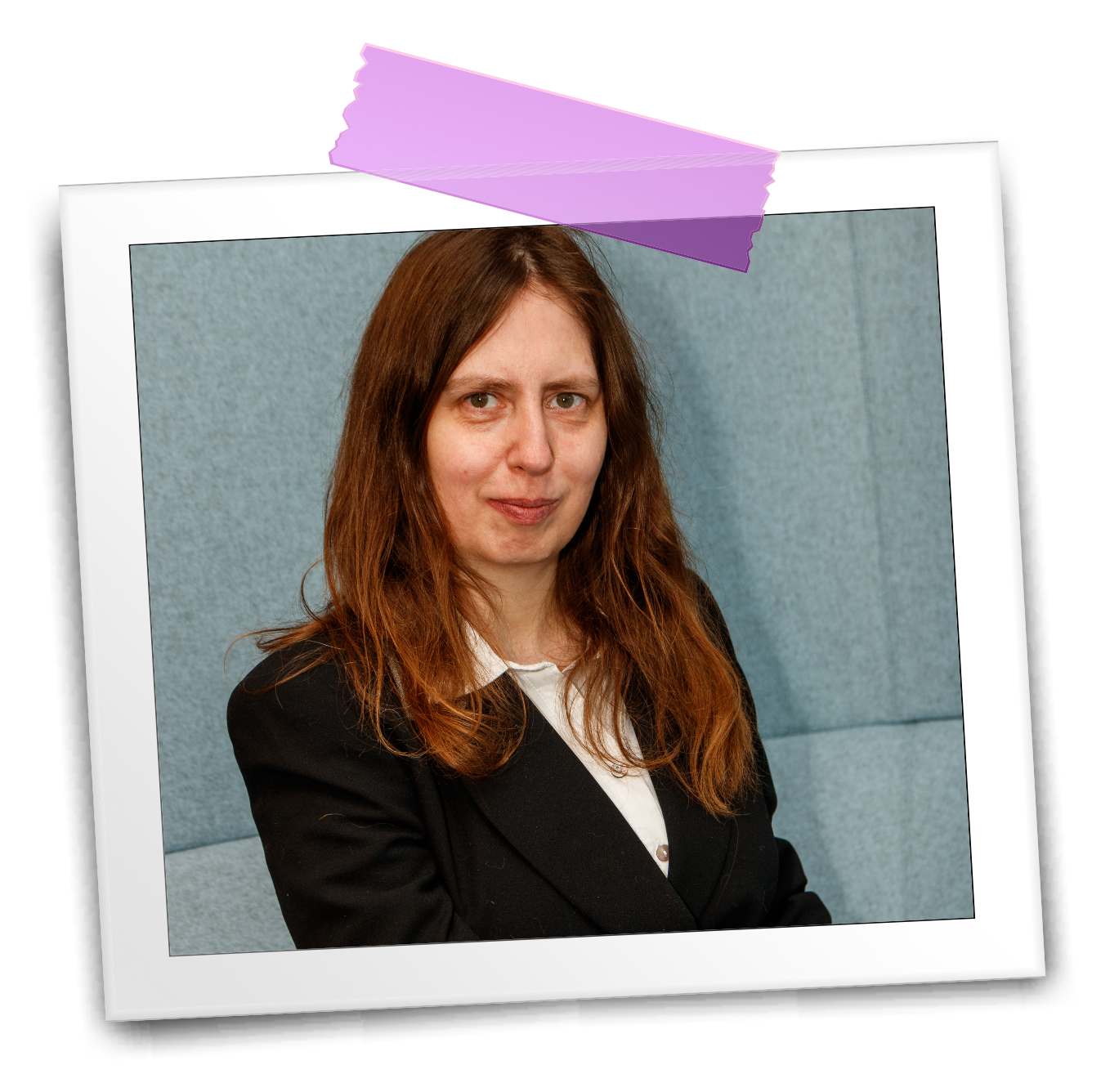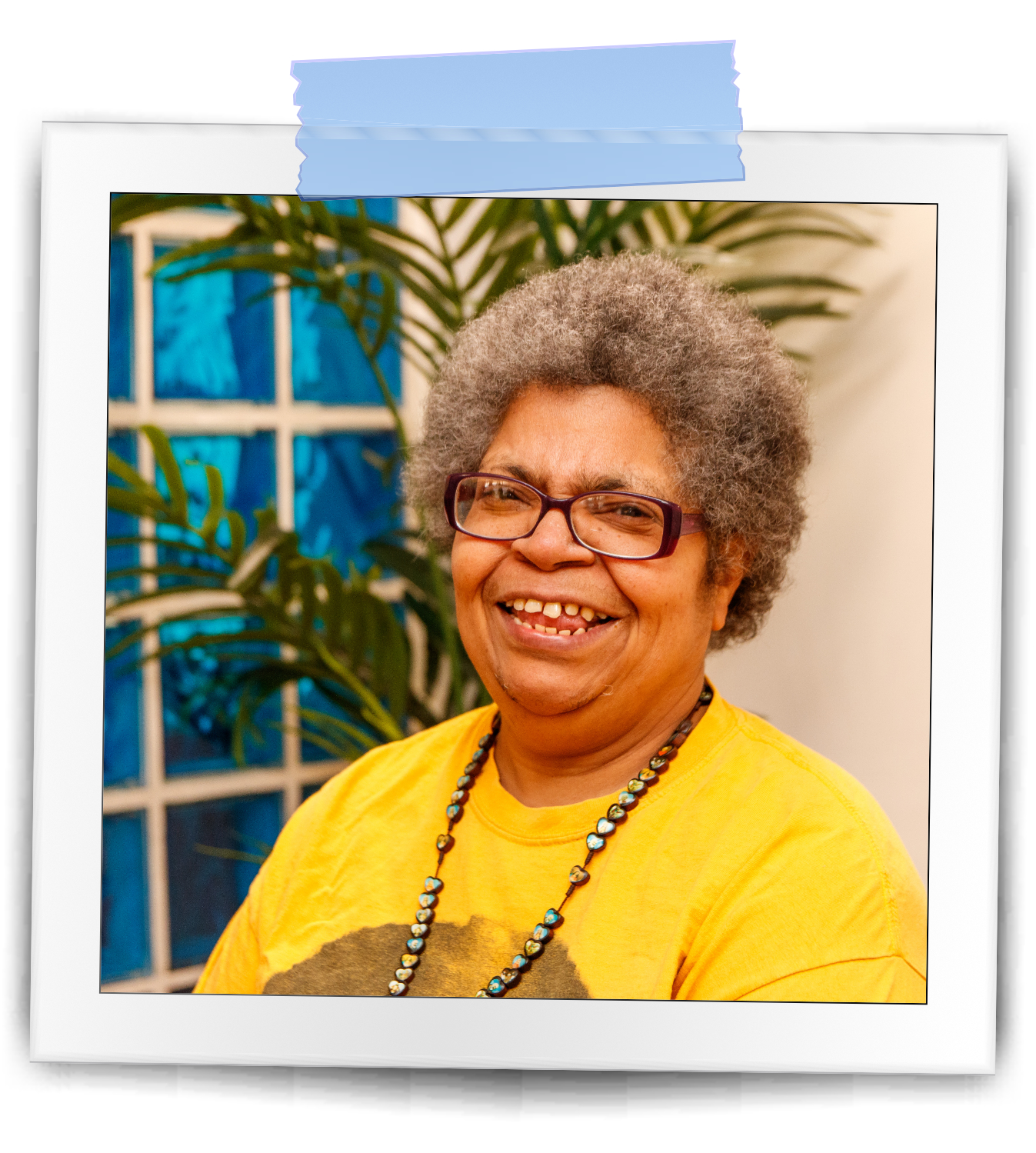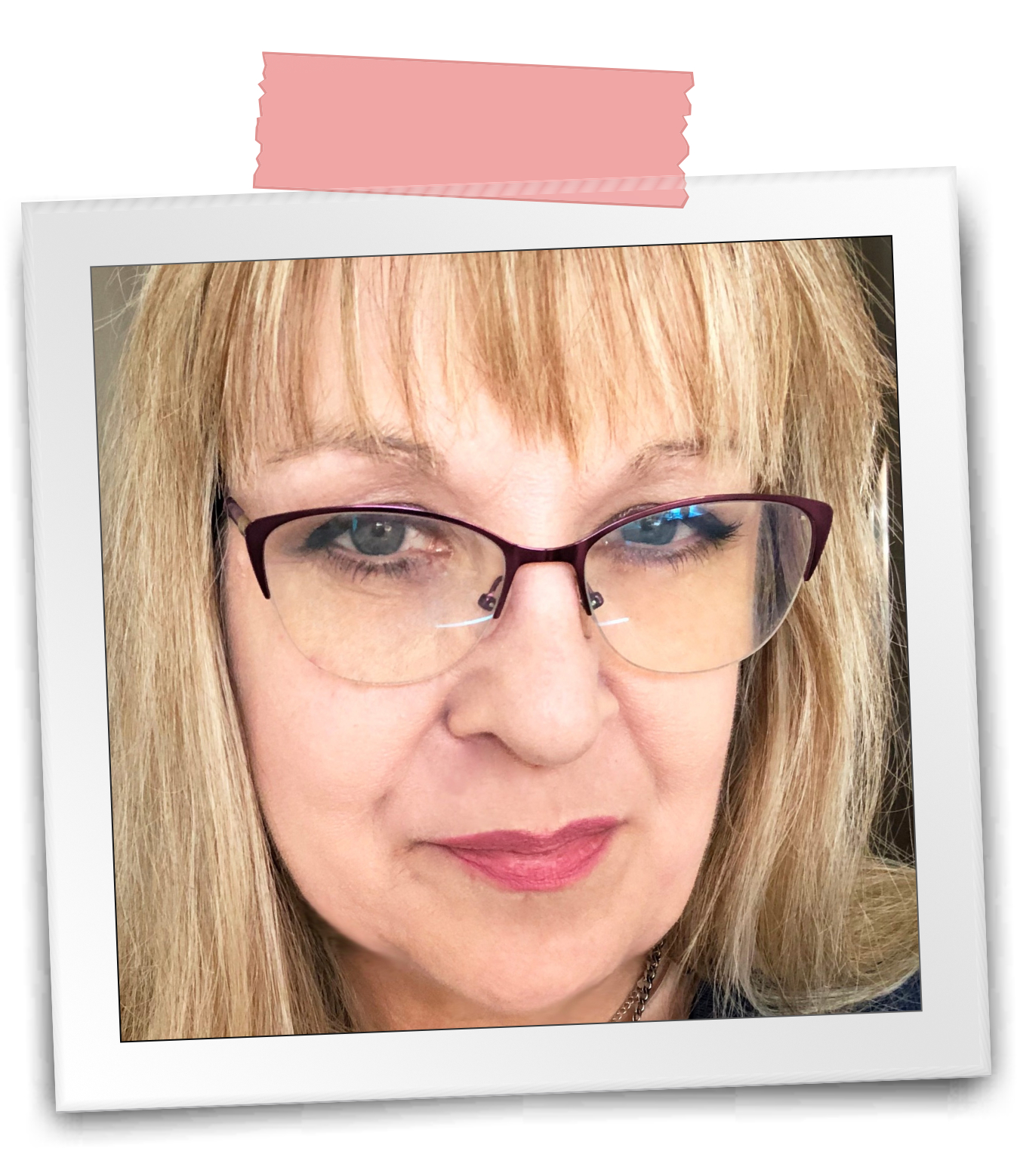Because we all care: focus on people with a learning disability and autistic people
Our 7 ambassadors shine a light on the experiences of people with a learning disability and autistic people accessing health and social care.
Richard Kurn
57 years old, Horley (Surrey)
During the pandemic, Richard's mental health suffered. He found getting help from social workers and doctors very difficult and felt he'd been abandoned by the health and social care system. Richard wants to share his story to ensure other autistic people don't feel how he did.
To look after his mental health, Richard moved to another supported living arrangement. His new home hosted zoom quizzes and cooking classes and the social workers played scrabble with him to keep him company. He gets on well with his social care workers. They make sure he has all he needs, help him make medical appointments and have even taught him how to use the computer. Richard is much happier in his new home and wants to thank his care workers for everything they do to make him feel at home.

Claire Lindsey
45 years old, London
Claire was diagnosed as autistic in her late twenties. Since then, she's also received a diagnosis of ADHD, hyperlexia and dyscalculia. Claire' has always felt that she's never been able to be her authentic autistic self, particularly when seeking help from health and social care services.
In one instance, a nurse refused to give her liquid medication instead of a tablet and ignored her explanation that she could not swallow tablets due to her sensory difficulties. This left Claire feeling unheard by health professionals. She feels that her autism is often dismissed because she's an adult and can communicate verbally.
However, when Claire had double pneumonia, the nurses that looked after her were very kind and caring. They took the time to get to know her and supported her through this traumatic experience.
Claire is now entering menopause and feels lost due to the lack of information available to middle-aged autistic women. She wants to share her story to change how autistic adult women are viewed, communicated with and cared for. She feels it's important that health and social care services have the right knowledge to better service autistic adults throughout their lives.

Gail Smith
45 years old, North West London
Gail, who has a learning disability, recently had to visit the dentist and was very nervous. The dentist could tell. However, they did little to make the experience more bearable.
The dentist failed to explain to Gail what they were doing, which led to Gail getting really scared and asking the dentist to stop. The dentist ignored her request and continued to proceed with what he was doing. This was a very difficult experience for Gail. She wants to share this experience to ensure that dentists are equipped to provide better care for people with learning disabilities, so that other people don't have to live through the same experience in the future. She would like to encourage others to share their experiences of care to improve health and social care services for all.

Sylvia Nazareth
60 years old, North West London
Sylvia has a learning disability and mental health issues. During a visit to the hospital, Sylvia was sectioned. This was not explained properly to her, meaning she was scared and distressed.
Sylvia wants to share her experience so that other people, who've had a scary experience at the hospital, are encouraged to also share theirs. This feedback is important to ensure the right training and protocols are put in place to ensure other people can feel safe in the future.

Jack Chandler
27 years old, Stevenage
Jack was diagnosed as autistic when he was four years old. Jack's mum Michelle says, "Jack has high-functioning autism which means on the outside he may seem to be handling things well, however he does need support and high levels of care due to his struggles with mental health."
Michelle explained, "Jack's type of autism has meant he has fallen through the cracks of the system. His autism isn't severe enough for the system to prioritise his health and social needs, but he struggles enough for his condition to impact his quality of life. Michelle and Jack are using their voice to ensure the health and social care system is supported to tailor care for everyone who is autistic – regardless of its severity!"

James Chandler
25 years old, Stevenage
James was diagnosed with autism when he was four years old. At 18, James developed epilepsy. Michelle says, "This, coupled with James's severe autism, meant he needed 24-hour supervision."
With James being a very tall, strong, young man, social services suggested that Michelle and her husband consider long-term care for him. They received amazing help from social care services and James moved into his new home in May 2022. Michelle and her husband want to share James's story to highlight the amazing support James and the family received from social care services and hope James's experience can inform improvements throughout the social care system.

Sam Mignano
53 years old, Bristol
Sam was diagnosed as autistic at age 50. She works for CQC as a communications officer focused on learning disability, mental health and autism. She has since also been diagnosed with ADHD and Dyslexia. Sam is very open about her autism diagnosis and advocates for herself, and others, to improve healthcare experiences and access to healthcare for autistic people.
Sam was with the same doctor's surgery for 24 years and struggled with telephone conversations with the receptionists when trying to book appointments. Sam talks louder when she is stressed and has a very factual, direct communication style. Though Sam has never been aggressive, abusive or threatening to staff, nor shouted at them, and despite the surgery admitting they had had no autism training, Sam was told by the surgery that her communication style causes anxiety for their staff and makes them worried of making a mistake. Sam made a formal complaint about her GP surgery for failing to make reasonable adjustments for her. Sam was removed from the surgery and told to find another doctor after making this complaint, and before the complaint was heard.
In contrast, a local hospital who have had autism training, made really helpful reasonable adjustments when they found out Sam is autistic. On arrival, they find her a quiet, darkened room to wait in without having to be asked, and all staff involved in her care are supportive and friendly. The difference that makes for Sam is that she can attend an appointment knowing she will not have to explain over and again to strangers that she is autistic and needs reasonable adjustments. This greatly reduces the stress of the appointment and increases her confidence in accessing healthcare services.
Sam wants to encourage others to share their experiences with CQC to help improve healthcare services for all autistic people.
